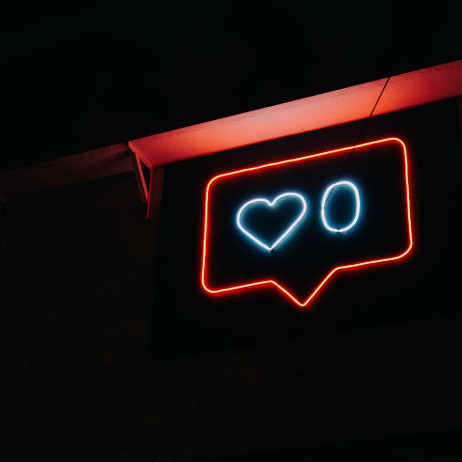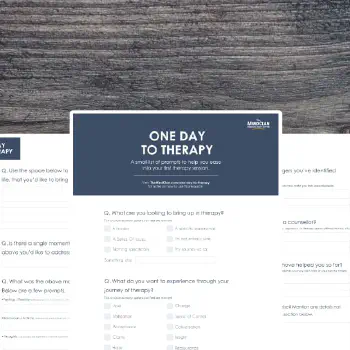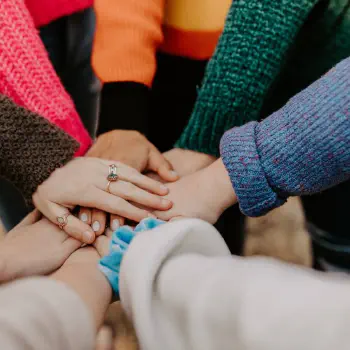Physical distancing is crucial at this point in time to care for our own, our family’s and our community’s health. But this does not have to mean that our mental health goes uncared for.
At TheMindClan.com, we offer access to a collective of therapists, resources, and support groups in the city. We’re here for you.
If you are currently in offline therapy with a counsellor or a support group listed on our platform, don’t hesitate to reach out to them to explore a possibility of shifting the medium to online/telephonic/chat/email support.
Worried about this transition?
Here are 5 helpful reminders!
Some of us may not be too comfortable with this shift in medium from offline to online. There could be concerns with privacy, timing, internet connection, phone network, or general awkwardness about video calls and calls in general (you’re not alone in this!). Speak to your therapist or support group about these concerns. They will work with you collaboratively and non-judgmentally to make this transition as smooth as possible.
If you’d prefer to wait it out till it’s safer and more comfortable to reengage in face to face therapy/support group meetings, feel free to choose that too. What works for you is what works. 🙂
We are in this together. If continuing therapy online or offline feels challenging at this time and you’re looking for some support, you can request for weekly check-ins with your therapist or support group. Take their help to put together a care ritual for yourself that you can rely on regularly. Exchange coping resources with each other such as blog articles, exercises, poems, videos, or words that feel like a hug. We all could use one. 🤗
Rest and slowness are just as important as therapy. Sometimes therapy can become a space where emotions overwhelm us and some of us may not be looking to sit with our feelings and thoughts for now. Taking a break from counselling, to simply be and do what brings you a sense of calm or joy is absolutely okay too.
Collective care is, as always, the most significant factor that will get us through to the other side. It’s important that we stay interdependent and lean on each other with love, kindness, and safety. Take care of your health and take care of each other. Offer support when you can, while also making space to receive support. Physical distancing can coexist with social solidarity. 🌻






























